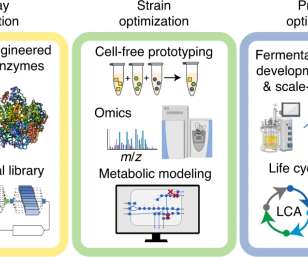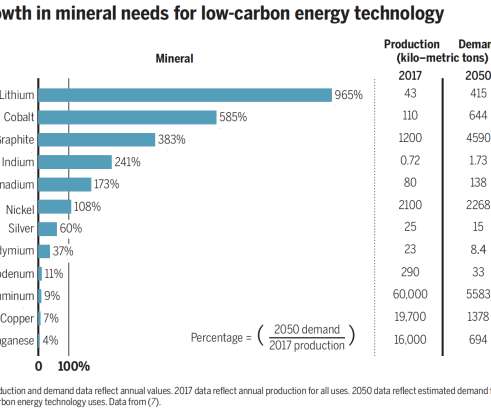LanzaTech, Northwestern, ORNL engineer microbe to convert industrial waste gases to acetone or isopropanol
Green Car Congress
FEBRUARY 22, 2022
A team of scientists from LanzaTech, Northwestern University and the Department of Energy’s Oak Ridge National Laboratory have engineered a microbe to convert molecules of industrial waste gases, such as carbon dioxide and carbon monoxide, into acetone and isopropanol (IPA). —Jennifer Holmgren, CEO of LanzaTech. Abdalla, T.




































Let's personalize your content